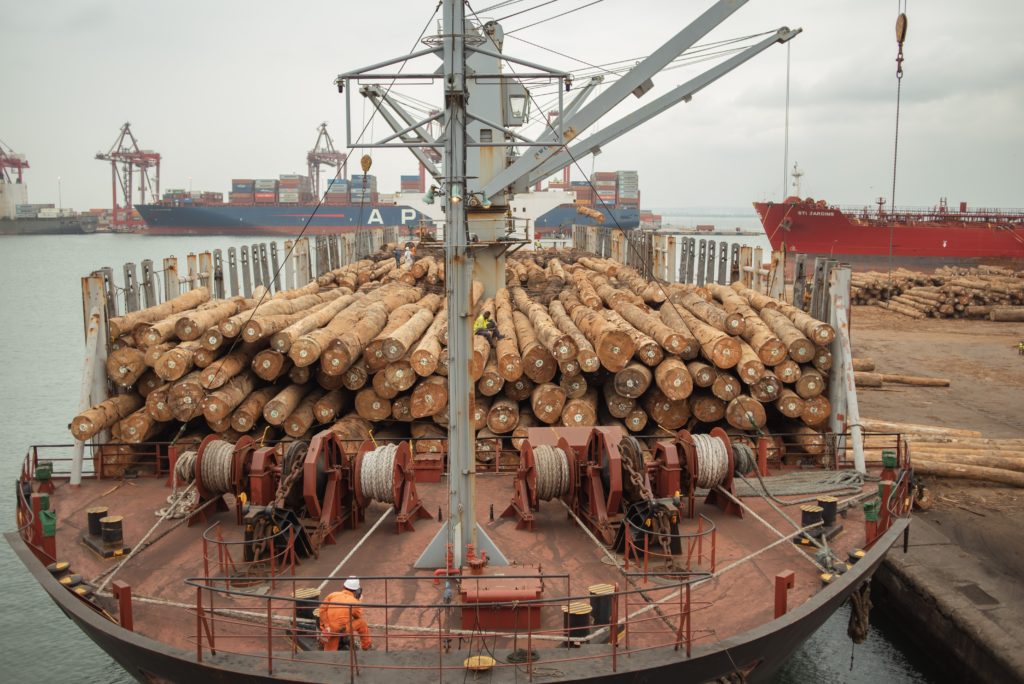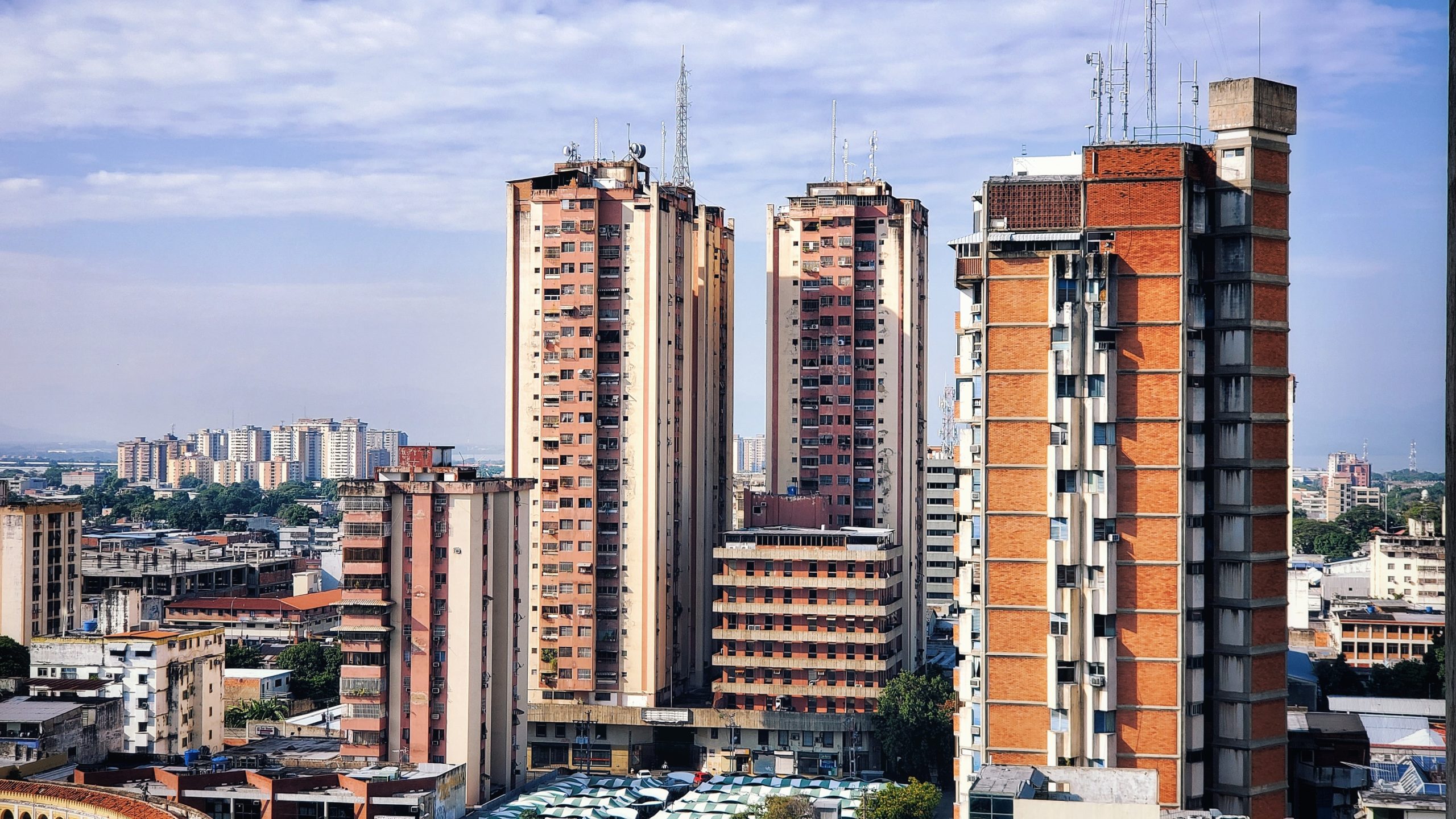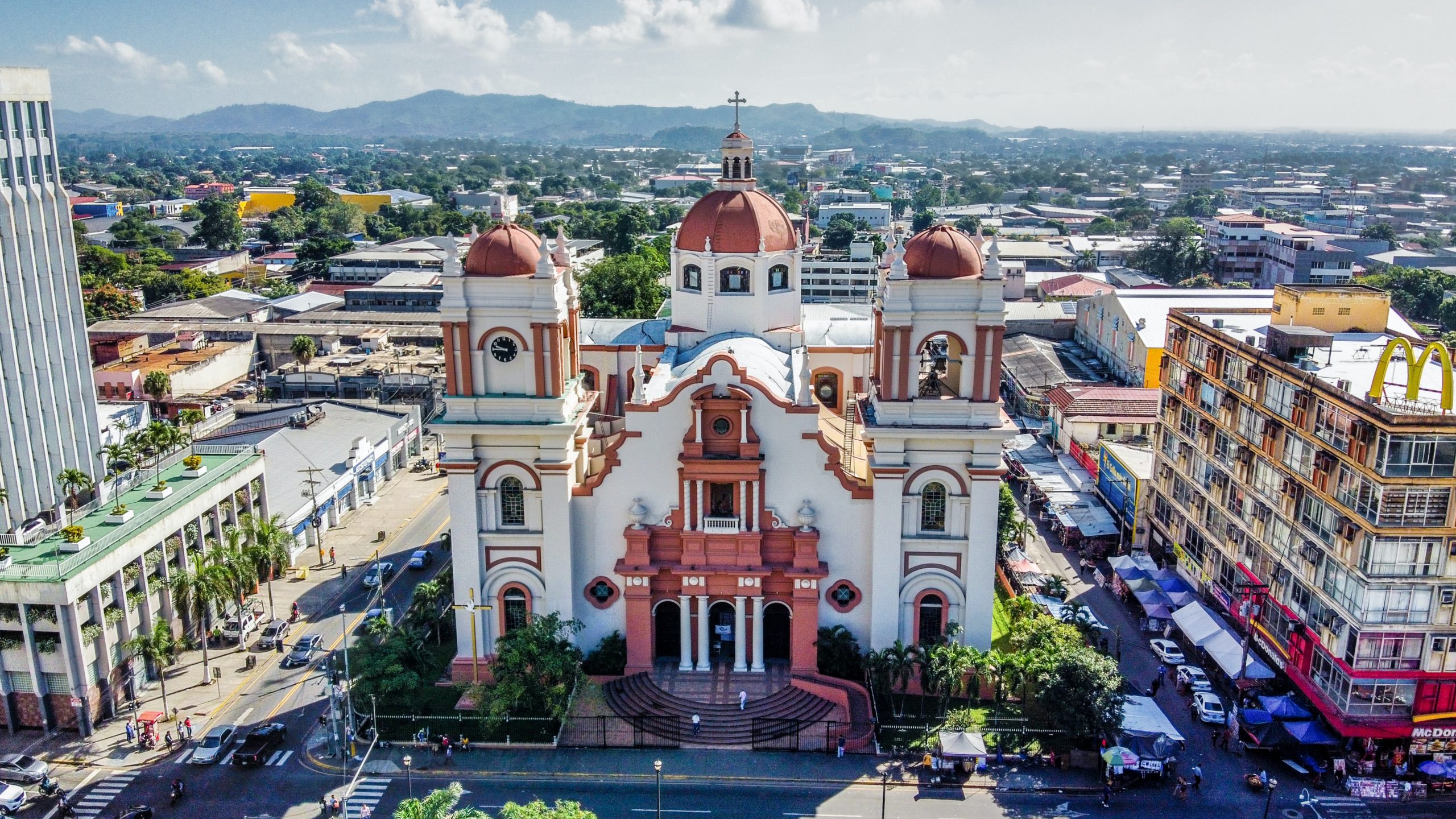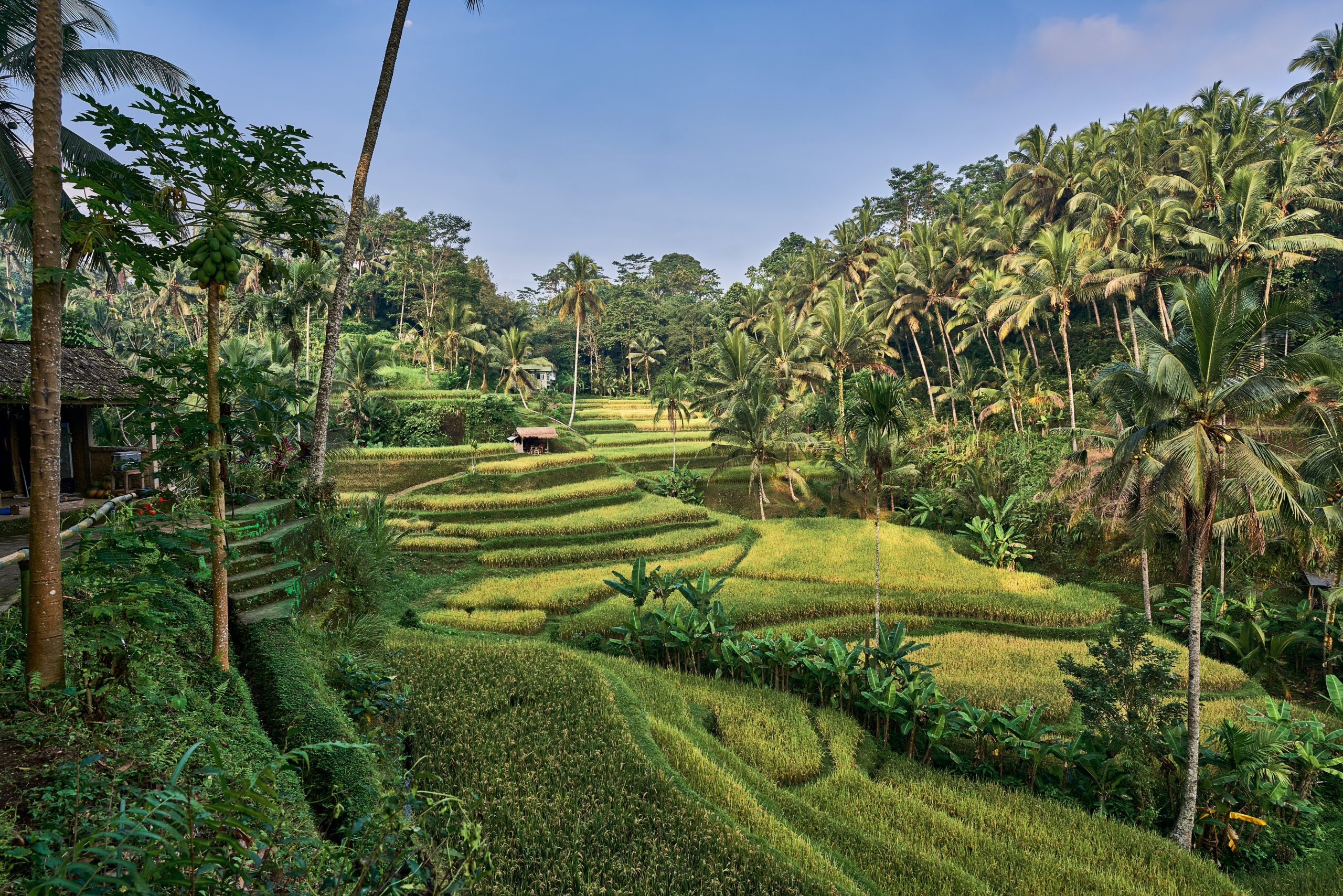With 80 million hectares of arable land, 4 million hectares of irrigated land, and various rivers with substantial fisheries opportunities, DRC has the potential to become a global agricultural giant. While employing over 60% of Congolese and accounting for 19.7% of GDP, the agricultural industry fails to maintain food security, generate sufficient profits, and create long-term employment. Coffee, palm oil, rubber, cotton, sugar, tea, and cocoa are the principal income crops. There has been some success in growing cocoa and coffee for export. Cassava, plantains, maize, groundnuts, and rice are other food crops. Commercial agricultural production remains limited, with the majority of producers engaged in subsistence food cultivation. To address the food crisis, the GDRC is assisting in the establishment of agro-industrial parks around the DRC.

Opportunities
The DRC provides many investment opportunities in the agriculture industry, from production to marketing, to build a competitive value chain in the subregion. With extraordinary agronomic potential and an extent of agricultural land unparalleled in Africa, the DRC could feed 2 billion people if properly developed.
Yet, the DRC contains more than 80 million hectares of arable land, of which less than 10% is now used. The diversity of climates, supplemented by an extensive hydrographic network, provides for the practice of a wide range of agricultural ventures. The grasslands and savannahs can support a livestock population of approximately 40 million cattle. Tropical forests, which cover 135 million hectares, or 52% of the land area, are an important source of biodiversity and have the potential to produce forest-friendly products. While the irrigation potential is believed to be 4 million hectares, this practice is currently limited. The fisheries potential in the Congolese sections of the Atlantic Ocean, the Congo River, and all of the lakes is estimated to be 707,000 tons of fish per year.
The GDRC’s program promotes the agricultural sector by enhancing its contribution to economic growth, restoring food security, lowering rural poverty and insecurity, and expanding food and durable product production. To attain these goals, the program strives to establish agricultural and rural strategies and policies affecting awareness, production, collection, storage, processing, and marketing.
Agro-industrial initiatives
In addition, the GDRC wants to construct new and develop existing agro-industrial projects. These projects will benefit from the participation of international agricultural enterprises with risk tolerance, experience operating in complicated or fragile situations, and access to financing to finance their participation.
Since 2012, the CDC has aimed to invest in countries where the private sector is weak and job opportunities are rare, as well as in areas where growth creates jobs.
Feronia, an agricultural production and processing firm centered on palm oil plantations and arable farming in the Democratic Republic of the Congo (DRC), is a good illustration of that method.
Reasons for Crop Development Center (CDC) investment in DRC
To begin, the DRC is one of the world’s poorest countries, with 70% of its inhabitants living in poverty and 75% going hungry. Despite having the potential to establish a globally competitive agri-business sector in essential crops such as West African palm oil, the country imports a substantial amount of its food. Feronia, which is supported by CDC, seeks to tap into some of that potential to service the massive and growing local market. Feronia’s palm oil, rice, and arable crops are only eaten in Congo.
Second, long-term investors like as CDC can benefit from agriculture. Palm oil trees take 3-4 years to grow fruit but produce for two decades, making this a patient investment with the potential to develop a sustainable and profitable business. Political and economic insecurity have impeded agricultural investment. CDC’s long-term investment helps the company thrive so that it can support local employment and communities for decades.
Thus, Feronia’s DRC efforts have set the framework for a thriving corporation. The plantations are brownfield, and the corporation is repairing and recovering old trees rather than cutting new land, saving money and the environment (because it does not impact neighboring woods). The firm’s virtually entirely Congolese personnel and senior management team, who have been with the company for decades, represent its 100-year history in the DRC.







